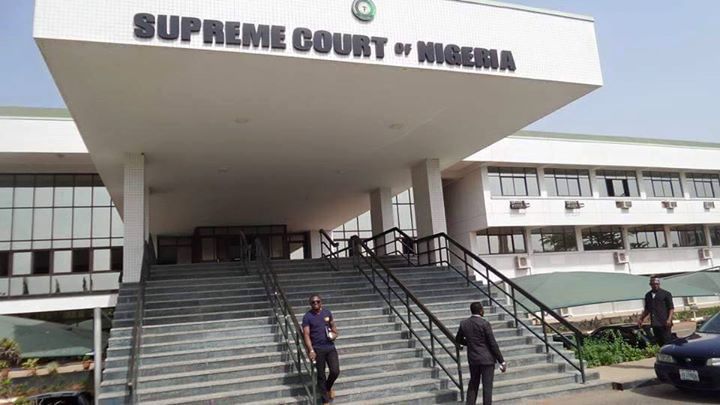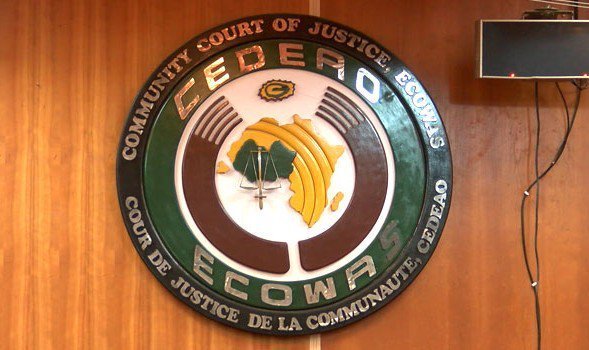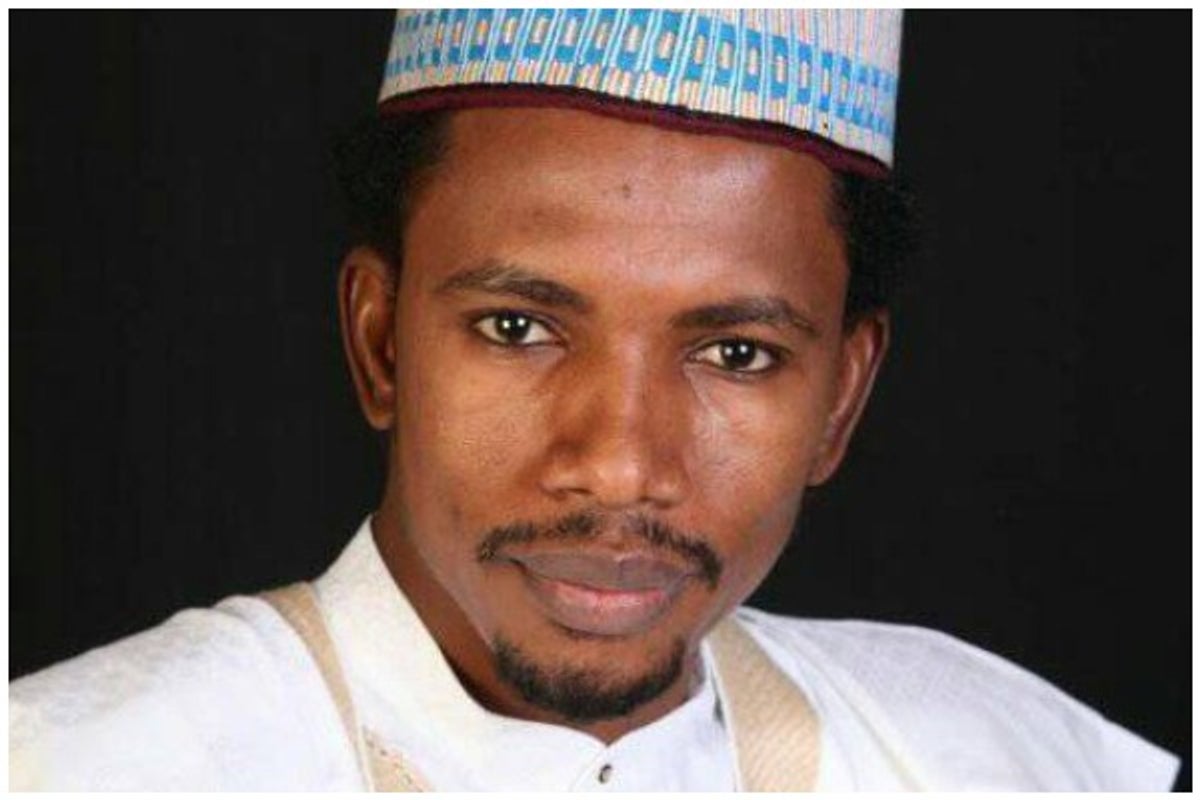By Femi Aribisala
Before I met Christ, I was contemptuous of Christians. I regarded them as a bunch of hypocrites. I particularly despised the pretentiousness on display during church services where the adulterous, the unholy, and the profane put on cloaks of holiness and righteousness. For me, Sunday church services were no better than congregations of play actors and actresses.
But after I met Christ, the Lord gave me a dream. In it, a committee had been set up to investigate the affairs of the library of my former research institute and to come up with recommendations for reform. I was privileged to be a member of that committee.
At the end of the exercise, we were all seated at a roundtable. Then, the committee chairman decided to read the approved recommendations to us, before sending them to the management committee of the institute. “In the first place,” he said, “we have to make sure Femi Aribisala does not steal any more books from this library.”
Flabbergasted
The chairman’s statement completely caught me off guard. “But I am a member of this committee,” I protested. There was a deathly silence. “But I don’t steal any books,” I continued, becoming a little more strident in my protest.
No one argued with me. The chairman brought out a book. Or should I say he brought out something that looked like a book? When he opened it, it opened like a computer notebook with what seemed to be a television screen. He switched on one of the dials and a recorded film came on. There I was on the screen in the library, reading a newspaper.
All the members of the committee were watching the recorded episode on the screen with rapt attention. There was no place to hide. I just knew it was a matter of time before I would steal something from the library. But before I could see exactly how the theft was executed, my wife came and woke me up.
Nevertheless, my dream was eloquent enough. Although I was very lavish in judging others, I was no better than they were, it not worse. This recalls Jesus’ parable of a pompous Pharisee flaunted his righteousness before God in the temple, deriding others as extortioners, adulterers, and tax collectors. Meanwhile, a tax collector nearby pleaded with God for mercy, saying, ‘God, be merciful to me a sinner!’
Says Jesus: “I tell you, this man went down to his house justified rather than the other; for everyone who exalts himself will be humbled, and he who humbles himself will be exalted.” (Luke 18:11-14).
Prophet of God
God says to His prophets: “Cry aloud, spare not; lift up your voice like a trumpet; tell My people their transgression, and the house of Jacob their sins.” (Isaiah 58:1).
Accordingly, John the Baptist judged the Pharisees. He called them at his baptism: “Brood of vipers! Who warned you to flee from the wrath to come? Therefore, bear fruits worthy of repentance, and do not think to say to yourselves, ‘We have Abraham as our father.’’ For I say to you that God is able to raise up children to Abraham from these stones. And even now the ax is laid to the root of the trees. Therefore, every tree which does not bear good fruit is cut down and thrown into the fire.” (Matthew 3:7-10).
But before a prophet judges, we must ensure that we do not share in the sins we reprove. Thus, Paul says: “Have no fellowship with the unfruitful works of darkness, but rather expose them.” (Ephesians 5:11).
However, even prophets must be careful not to arrogate to ourselves the exclusive position of God; the judge of all.
We must be careful even when the providences of God put us in positions of authority over men. We must not become uppity: “For who makes you differ from another? And what do you have that you did not receive? Now if you did indeed receive it, why do you boast as if you had not received it?” (1 Corinthians 4:7).
We must not allow men to exalt us beyond what is due. We must reject the glorification that comes from flattering lips, for God does not share His glory.
In the middle of a battle, David expressed a longing for a drink of water from the well of Jacob in Bethlehem. Three of his mighty men of war took it upon themselves to risk their lives by breaking through enemy lines to get him this water. But David refused to drink it. He poured it out as a libation to the Lord. Only God, he insisted, deserves such a sacrifice.
He said: “Far be it from me, O Lord, that I should do this! Is this not the blood of the men who went in jeopardy of their lives?” (2 Samuel 23:17).
Merciful judgment
Our judgment must always express the love of God, for God says: “I desire mercy.” (Hosea 6:6). Since the mercy of God prevails over His judgment, our judgment of others must also be full of mercy. “He who turns a sinner from the error of his way will save a soul from death and cover a multitude of sins.” (James 5:20).
Therefore, we must speak the truth in love. Our judgment must build up and not tear down. The fruit of God’s spirit is love, and: “love does no harm to a neighbor; therefore, love is the fulfillment of the law.” (Romans 13:10).
Moreover: “(Love) thinks no evil; does not rejoice in iniquity, but rejoices in the truth; bears all things, believes all things, hopes all things, endures all things. Love never fails.” (1 Corinthians 13:5-8).
This prescribes that we always hope for the best for others. We should always believe the best about them and not the worst. This principle even applies to our assessment of God. If we do not understand why something bad happens, our love for God should enable us to bear it in the confidence that it will ultimately turn out for good.
Unrighteous judgment leads us to jump to the conclusion that God is unjust, or unfair, or even unrighteous. Thus, determined not to believe that Jesus is who He claims to be, the Pharisees maintained that He cast out demons by Beelzebub, the ruler of the demons.
Jesus said to them: “Every kingdom divided against itself is brought to desolation, and every city or house divided against itself will not stand. If Satan casts out Satan, he is divided against himself. How then will his kingdom stand? And if I cast out demons by Beelzebub, by whom do your sons cast them out? Therefore, they shall be your judges.” (Matthew 12:25-27).
Jesus also told the parable of a man who hid his talents, claiming God is a “hard man” who reaps what He does not sow. He said to him: “Out of your own mouth I will judge you, you wicked servant. You knew that I was an austere man, collecting what I did not deposit and reaping what I did not sow. Why then did you not put my money in the bank, that at my coming I might have collected it with interest?” (Luke 19:22-23).

![[Devotional] IN HIS PRESENCE: God’s mercy prevails over judgement](https://thenewsguru.ng/wp-content/uploads/2021/12/Screenshot_20211202-092925.png)




